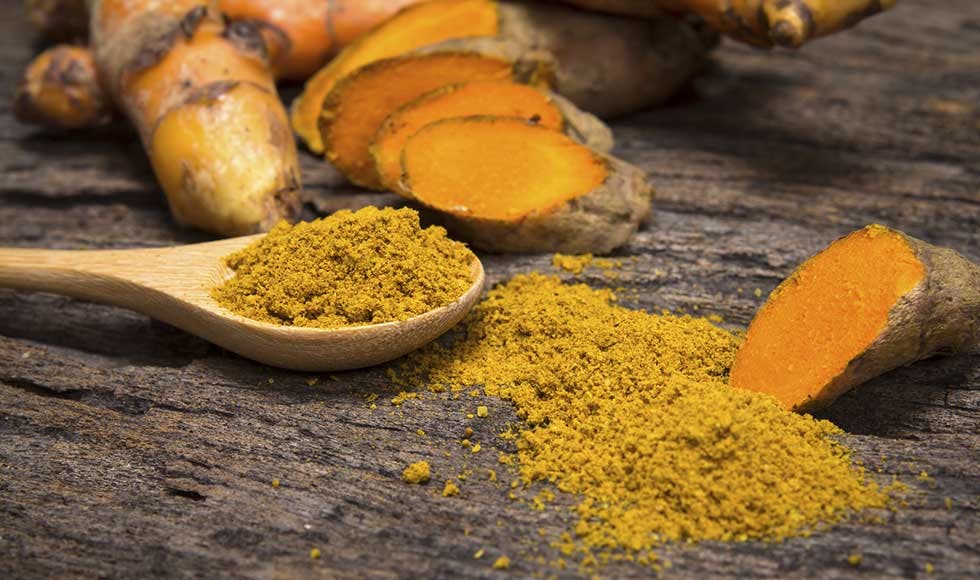Ginkgo biloba is one of the world’s oldest living trees. It’s been around for more than 200 million years, earning itself the nickname ‘the living fossil’. Ginkgo is native to China, where it survived the last ice age, and has been used traditionally for respiratory complaints and memory. Its medicinal use in China dates back to 2800 B.C.
Ginkgo was introduced to Europe by the German botanist Englebert Kaempfer in 1690 and today it is now one of the most popular medicinal herbs prescribed, particularly in Germany and France.
Ginkgo at a glance
Name: Ginkgo biloba (Ginkgo, Maidenhair tree)
Part used: Leaf
Actions: antioxidant, circulatory stimulant, anti-inflammatory
Conditions used for: improve memory and cognitive function, poor circulation, tinnitus
How to take it: Ginkgo can be taken as a tablet, tincture (liquid), or as a tea
Where do I find it: From a naturopath or herbalist, health food store and in pharmacies.
Ginkgo for brain health
One of the main reasons people use ginkgo is to help support the health of the brain. Difficulty in concentration and memory, absent-mindedness and poor energy are symptoms associated with a syndrome called cerebral insufficiency. Ginkgo may help to improve symptoms of cerebral insufficiency as it may improve blood flow and cell oxygenation.
Poor circulation
Not only does ginkgo help to improve blood flow to the brain but it may also help to assist peripheral circulation. Ginkgo may help to relieve intermittent claudication (pain or cramping in the calf muscle due to poor blood flow and oxygenation of the muscle).
Ringing in the ears
Tinnitus is ringing in the ears. There are many causes of tinnitus including poor circulation to the head. Where circulation is impaired ginkgo may help to minimise the irritation of tinnitus.
Some other possible uses of ginkgo that have been investigated include altitude (mountain) sickness and premenstrual syndrome (PMS).
How ginkgo works
Ginkgo’s main active components are the flavone glycosides and terpenoids- ginkgolides and bilobalide. The mix of active compounds in ginkgo is related to its therapeutic actions including antioxidant, anti-inflammatory, and vascular effects.
References available on request






